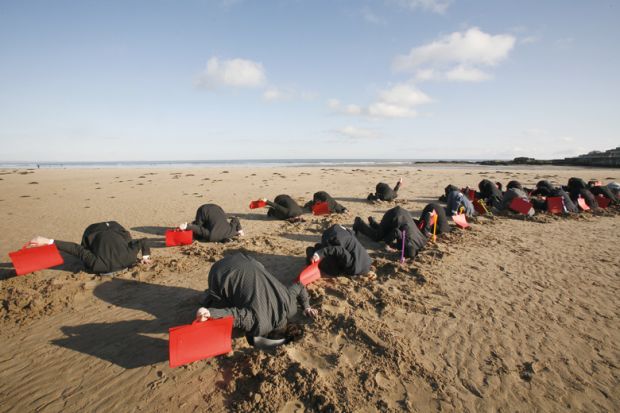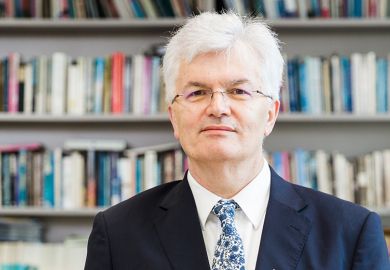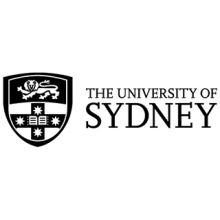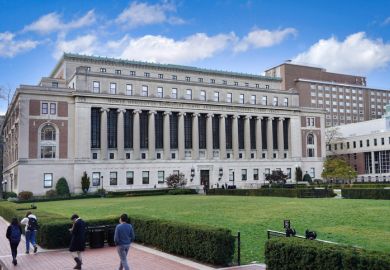Australia’s government has stepped up pressure on universities to adopt a voluntary free speech code recommended by an independent reviewer after rejecting another of the reviewer’s optional recommendations.
In an escalation of the shadow boxing over free speech on campus – a contentious issue despite a widely held view that it is not in “crisis” – education minister Dan Tehan chastised universities for “burying their heads in the sand”.
“It’s time for our universities to stand up and defend free speech and freedom of academic inquiry,” Mr Tehan wrote in The Australian. “They should start by implementing Robert French’s model code.”
Mr French, a former chief justice and current chancellor of the University of Western Australia, was conscripted to examine freedom of speech on campus last November. His report, released ahead of the May federal election, included a code that universities could choose to adopt to “restrain” the inadvertent use of their rules and regulations to limit free speech.
Mr French said such unintended consequences could also be minimised if references to freedom of speech and academic freedom were “clarified” in the higher education legislation and standards. Although such amendments were not essential, they would be “preferable”, he said.
The government immediately rejected this recommendation. “As Mr French makes very clear, the model code can be adopted without the suggested changes to the act and standards,” Mr Tehan said in April.
Times Higher Education asked Mr Tehan if he thought universities were taking too long to decide whether to adopt the model code, and why he had criticised them for not yet agreeing to one optional recommendation when he had rebuffed another.
His office declined to answer, instead referring THE to the government’s pre-election commitment to “ensure that freedom of speech is protected on campus through a voluntary code”. The policy document said that if universities did not subscribe to the code, the government would boost the powers of the higher education regulator “to ensure freedom of speech is protected”.
It is not clear that such a move is warranted because universities are actively considering the model code.
John Dewar, vice-chancellor of La Trobe University, said his institution had “established a working party to consider the implementation of the code…with a view to implementation by the end of the year”.
Australian Catholic University vice-chancellor Greg Craven said he had asked his general counsel to produce a draft code modelled on the French proposal. Chancellor John Fahey said its implementation would necessitate “a wholesale review of all university statutes and policies that may interact with the code”.
The University of Sydney said its senate had discussed the French report in May, and would revisit the issue in July to “consider whether we can adopt the model code outright or embed its principles within our existing policy frameworks”.
Meanwhile, the University of Melbourne has unveiled a free speech policy initiated before Mr French announced his findings. A spokeswoman said Melbourne’s policy had been developed independently of the French code but both were “along the same lines”.
The University of Western Australia said it had established a “freedom of expression working group” before the review by Mr French, its chancellor, had been commissioned. It said the group’s recommendations, accepted by the senate in May, would “provide a pathway to decision-making on freedom of speech matters”.
Register to continue
Why register?
- Registration is free and only takes a moment
- Once registered, you can read 3 articles a month
- Sign up for our newsletter
Subscribe
Or subscribe for unlimited access to:
- Unlimited access to news, views, insights & reviews
- Digital editions
- Digital access to THE’s university and college rankings analysis
Already registered or a current subscriber? Login












